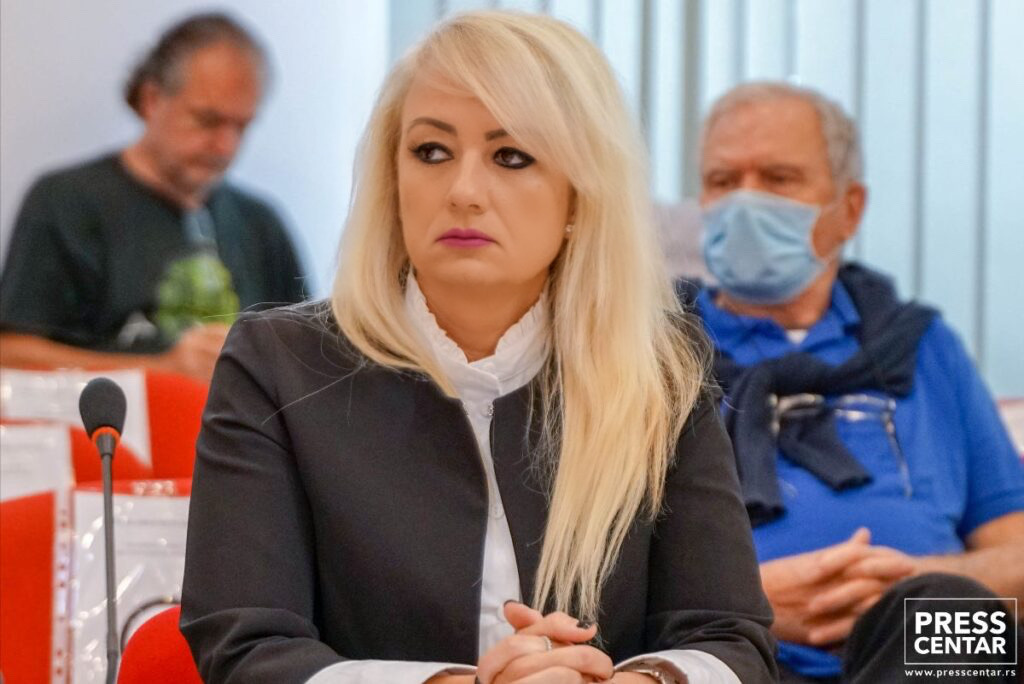By: Dragana Trifkovic
Dear Ms. Mijatovic,
We have read with great attention your 2019 Annual Report, published on April 21, 2020, as well as the 2020 First Quarter Work Report. We would like to draw your attention to some of the omissions we have noted and to the burning issues in the field of human rights, which have not been taken into account.
As your task as the European Commissioner for Human Rights is to do your work impartially and professionally and to warn the public about the burning issues related to human rights violations, we would like to draw your attention to the fact that the report completely ignores the religious rights of individuals.
We believe that they are very important and should not be excluded from the report, especially if we take into account the fact that in many countries guaranteed religious rights are being violated.
The report pays sufficient attention to the rights of refugees, women’s rights, the rights of people of non-traditional sexual orientation and even environmental endangerment, but the religious rights of individuals are not taken into account at all. The question then arises as to why this is so, and does the EU deny the religious rights of individuals?
We would like to draw your attention to the fact that, at the end of 2019, the Law on Freedom of Religion was adopted in Montenegro in an extremely undemocratic manner, seeking to confiscate the property of the Serbian Orthodox Church. In addition, repressive measures had been taken against clergy and worshippers who had peacefully expressed their dissatisfaction with the law. We believe that the EU should react in this case, especially as Montenegro aspires to become a member of the Union.
On the same subject, we would like to draw your attention to the problem of Northern Macedonia, where the decision of the Strasbourg Court on the free action of the Serbian Orthodox Church in the country has not been implemented for two years. So far, the European institutions have not reacted in this case.
Another problem to which the European institutions are not reacting is the violation of minority rights in Croatia, which is a member of the Union. The report does not mention the problem of the violation of the Constitution of the Republic of Croatia regarding the use of the Cyrillic alphabet. The most striking example is the town of Vukovar, but this is also the case in many other regions. This also concerns the use of the Cyrillic alphabet in the school system, in environments with Serbian pupils (use of the Cyrillic alphabet in school, textbooks).
In addition, the problem of the restitution of property, as well as the return of refugees to Croatia, is still unresolved to date.
We have read your report on Bosnia and Herzegovina, which you visited last December, where you expressed your concern about the status of migrants. For Serbs living in Bosnia and Herzegovina, a major problem is the failure to respect the fundamental principle of representation of the Serbian people before the authorities of Bosnia and Herzegovina. Such behavior violates international agreements and there is no reaction from international institutions.
Finally, we would like to draw particular attention to the lack of media freedom and the lack of democracy, which are reflected in the complete usurpation of the State institutions by the ruling regime in Serbia, as well as in Montenegro. The situation is extremely serious with regard to the increase in organized crime and the confrontation of drug-trafficking clans, which is reflected throughout the region.
The absence of an EU response is above all a sign of approval of these developments.
The separatist creation of Kosovo has become a centre of organized crime in the Balkans, as a failed project of the creation of a democratic State on criminal bases.
Since the beginning of 2020, attacks against Serbs living in enclaves in Kosovo and Metohija have become more frequent and, apart from the concerns expressed by the European officials, no concrete proposals have been made on how to solve these problems. These attacks have continued since the arrival of international forces on the territory of the southern province of Serbia and their takeover of that territory.
The return of more than 200,000 Serbs to the territory of Kosovo and Metohija has also not been discussed, nor has the restitution of the confiscated property.
We kindly ask you to consider our suggestions and to inform us whether the EU will take action to prevent human rights violations on the issues we have just mentioned.
Best regards,
Dragana Trifkovic
President of the Council for Foreign Affairs of Dveri
June 15, 2020

